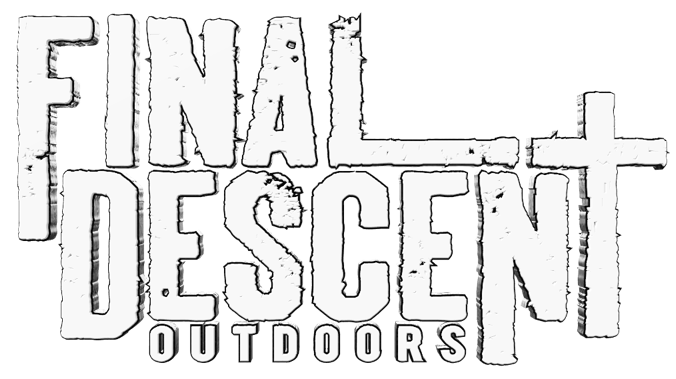What Happened To Hound Hunting?
In the United States, the tradition of hunting with hounds, particularly for pursuits such as tracking and treeing game, has experienced a decline in popularity in recent years for several reasons. One significant factor contributing to this decline is the changing demographics and lifestyles of Americans. As urbanization continues to increase and people migrate away from rural areas, there are fewer individuals with access to suitable hunting grounds where hound hunting is feasible. The shift towards urban living also means that fewer people have the time, space, and resources necessary to maintain and train hunting hounds, leading to a decrease in participation in this traditional hunting method.
Furthermore, concerns about animal welfare and ethical hunting practices have prompted some individuals to reevaluate the use of hounds in hunting activities. Critics argue that the pursuit and treeing of game animals by hounds can cause undue stress and discomfort to the quarry, potentially resulting in unnecessary suffering. As awareness of animal welfare issues grows and societal attitudes towards hunting evolve, there has been a corresponding decrease in the acceptance of hunting practices that involve the use of hounds.
Additionally, changes in land use patterns and regulations have limited the areas where hound hunting is permitted or practical. Encroachment of residential and commercial development into rural areas has restricted access to traditional hunting grounds, leading to a loss of habitat and diminishing opportunities for hound hunting. Moreover, increased regulation of hunting activities, including restrictions on the use of hounds in certain jurisdictions or during specific seasons, has further constrained the practice and contributed to its decline in popularity.
Technological advancements in hunting equipment and methods have also played a role in the diminishing appeal of hound hunting. Modern firearms, optics, and hunting accessories offer hunters alternative means of pursuing game that may be perceived as more efficient or convenient than traditional hound hunting. Additionally, advancements in game management techniques, such as the establishment of wildlife management areas and the implementation of habitat conservation programs, have provided hunters with alternative opportunities for pursuing game without relying on hounds.
Furthermore, shifts in cultural attitudes towards hunting and wildlife conservation have influenced the decline of hound hunting in the United States. As conservation efforts have gained traction and public awareness of wildlife conservation issues has increased, there has been a growing emphasis on sustainable hunting practices that prioritize the preservation of wildlife populations and their habitats. Some individuals may perceive hound hunting as incompatible with these conservation goals due to concerns about its impact on wildlife populations and ecosystems.
Economic factors also contribute to the decline of hound hunting, as the costs associated with acquiring, training, and maintaining hunting hounds can be prohibitive for many individuals. Expenses such as veterinary care, equipment, and transportation add up, making hound hunting inaccessible to those with limited financial resources. Additionally, the availability of alternative recreational activities and leisure pursuits, such as hiking, birdwatching, or recreational shooting, may further divert potential participants away from hound hunting.
In conclusion, the declining popularity of hound hunting in the United States can be attributed to a combination of factors, including changing demographics, concerns about animal welfare, restrictions on hunting practices, technological advancements, cultural shifts, and economic considerations. While hound hunting remains a cherished tradition for some enthusiasts, its appeal has waned in the face of evolving societal attitudes and preferences regarding hunting and wildlife conservation.
What are your thoughts? Why has the art of hound hunting declined? Love to hear from you! Leave a comment!


